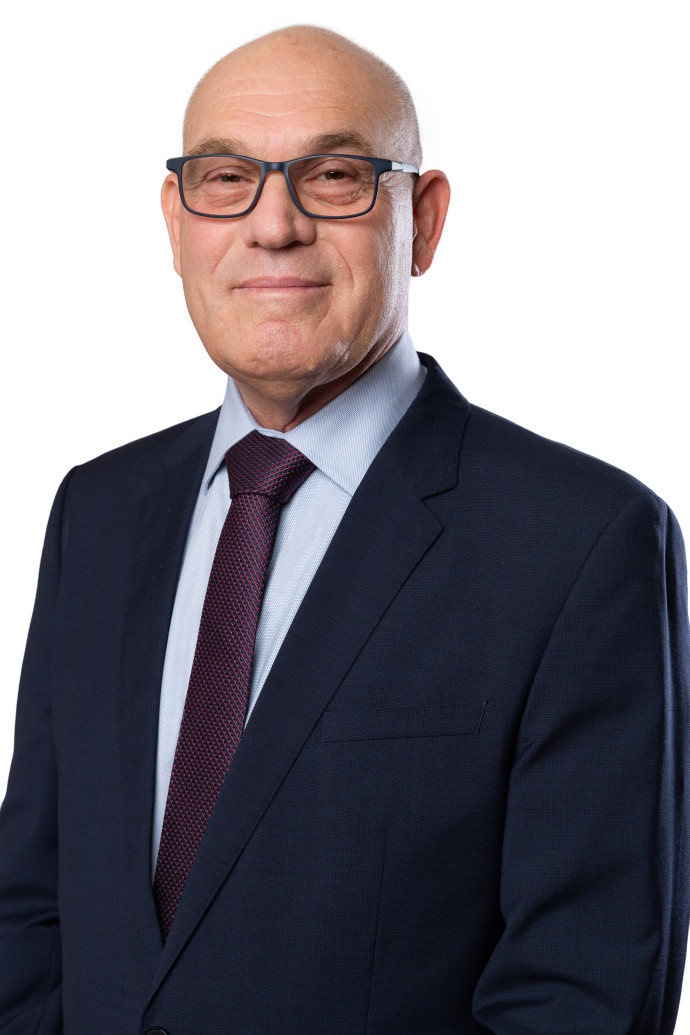Bazan Group, the largest refinery and petrochemicals company in Israel, announced its financial results for the third quarter and first nine months of 2022. The company’s net income rose to $277 million, with a consolidated EBITDA (earnings before interest, taxes, depreciation, and amortization) of $238 million.
Moshe Kaplinsky, Chairman of the Bazan Group: “Global geopolitical conditions, together with the shocks in the energy market and the inflation environment across the world, underline the Group’s essential role, and the need to maintain domestic manufacturing of petroleum products in Israel. I believe that the private sector and the new government that will be formed can work together and collaborate in the planning of the future of the Israeli energy sector. In this quarter, Bazan’s profits momentum that started at the beginning of 2022 continues; during the third quarter, Bazan continued to leverage its advantages and the Group’s business synergy in order to maximize its profits. In view of the results, and in accordance with our declared dividend distribution policy regarding the distribution of up to 50% of net income, the Company will distribute a further dividend of NIS 60 million in respect of the 2021 net income.”
Malachi Alper, CEO of Bazan Group, said, “Bazan ends another quarter with excellent results and strong tailwinds from the Refining Segment’s activity. The consolidated adjusted EBITDA in the third quarter amounted to $238 million, of which $228 million stemmed from the activity of the Refining Segment. Those impressive results were also reflected in a hike in the net income line item, which amounted to $277 million in the third quarter; this was achieved thanks to maximum utilization (98%) of the refining facilities and the realization of the highest refining margins in the world. In the third quarter, the adjusted refining margin stood at $15.3 per barrel.

The global slowdown in the polymers sector affected the results of the Polymers Segment, which ended the quarter with profits approximately balanced out by losses. However, the up-to-date medium and long-term forecasts remain unchanged, and predict growth and high margins in the field of polymers.”
The Group’s net financial debt continued to decline; as of the end of the third quarter of 2022, it stood at USD 802 million - a USD 39 million decrease compared to the financial debt as of the beginning of 2022. The Group’s financial leverage ratio has also declined from 1.6 to 1.0.
During the third quarter, Bazan Group published its 2019-2021 ESG report, in which new targets were set in connection with Bazan’s strategy, including a decision to formulate a climate plan during 2023. For the first time in its history, Bazan undertook to formulate an orderly and long-term climate program, as part of which the existing conditions will be mapped, objectives will be set, and milestones for their achievements will be put in place. In the next couple of years, Bazan will take steps to reduce its emission of greenhouse gases by 25,000 per year.
During the fourth quarter of 2022, Bazan started acquiring natural gas from Energean (the Karish Reservoir) as part of the reservoir’s trial run, and it is expected to gradually transition to regular acquisitions based on its binding agreement with Energean, thereby ensuring uninterrupted supply under binding agreements.
Bazan continues with the implementation of its strategy; in this quarter it completed the acquisition of VPM, one of the leading manufacturers of recycled plastic in Israel, which specializes in the recycling of post-industrial plastic at a scope of 12 thousand tons per year.
